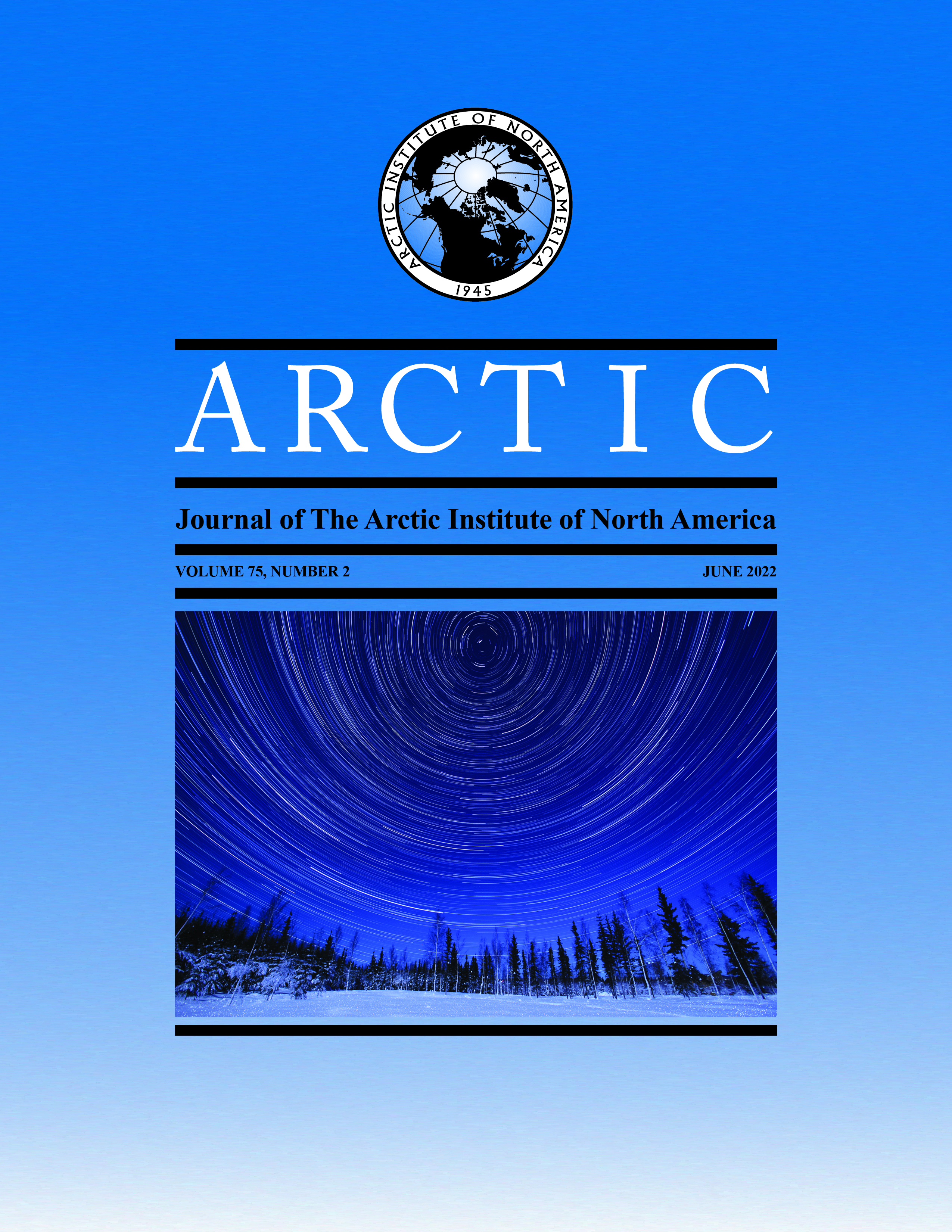Local Experts’ Observations, Interpretations, and Responses to Human-Polar Bear Interactions in Churchill, Manitoba
DOI:
https://doi.org/10.14430/arctic75323Keywords:
Churchill; human-bear conflict; local experts; local knowledge; polar bear; traditional knowledge; Ursus maritimusAbstract
Since interactions and conflicts between polar bears (Ursus maritimus) and people are reportedly increasing across the Arctic, there is a pressing need to better understand how such conflicts can be prevented or their outcomes ameliorated. A great deal of knowledge about what strategies work for both preventing and mitigating human-polar bear conflicts lies with local experts, yet this knowledge has often remained relatively inaccessible to contemporary wildlife managers. This study had three main aims: to document and synthesize local knowledge of polar bear behaviour in Churchill, Manitoba, to characterize perceptions and interpretations of polar bears, and to examine the linkage between local experts’ knowledge, perceptions, and actions. We identified a suite of bear behaviours that local experts consistently observe and interpret as cues to the bears’ intent. These behaviours are not unique to this locale. Nevertheless, differences in perspectives on the predictability of polar bear behaviour and in interpretations of the nature of bears significantly influence study participants’ strategies for responding to bears. Our findings demonstrate that human-related factors are more complex than current models of human-bear interactions account for, so there is a need to develop richer models for understanding what motivates and influences human behaviours and responses towards bears.
Downloads
Published
Issue
Section
License
Copyright (c) 2022 ARCTIC

This work is licensed under a Creative Commons Attribution 4.0 International License.


